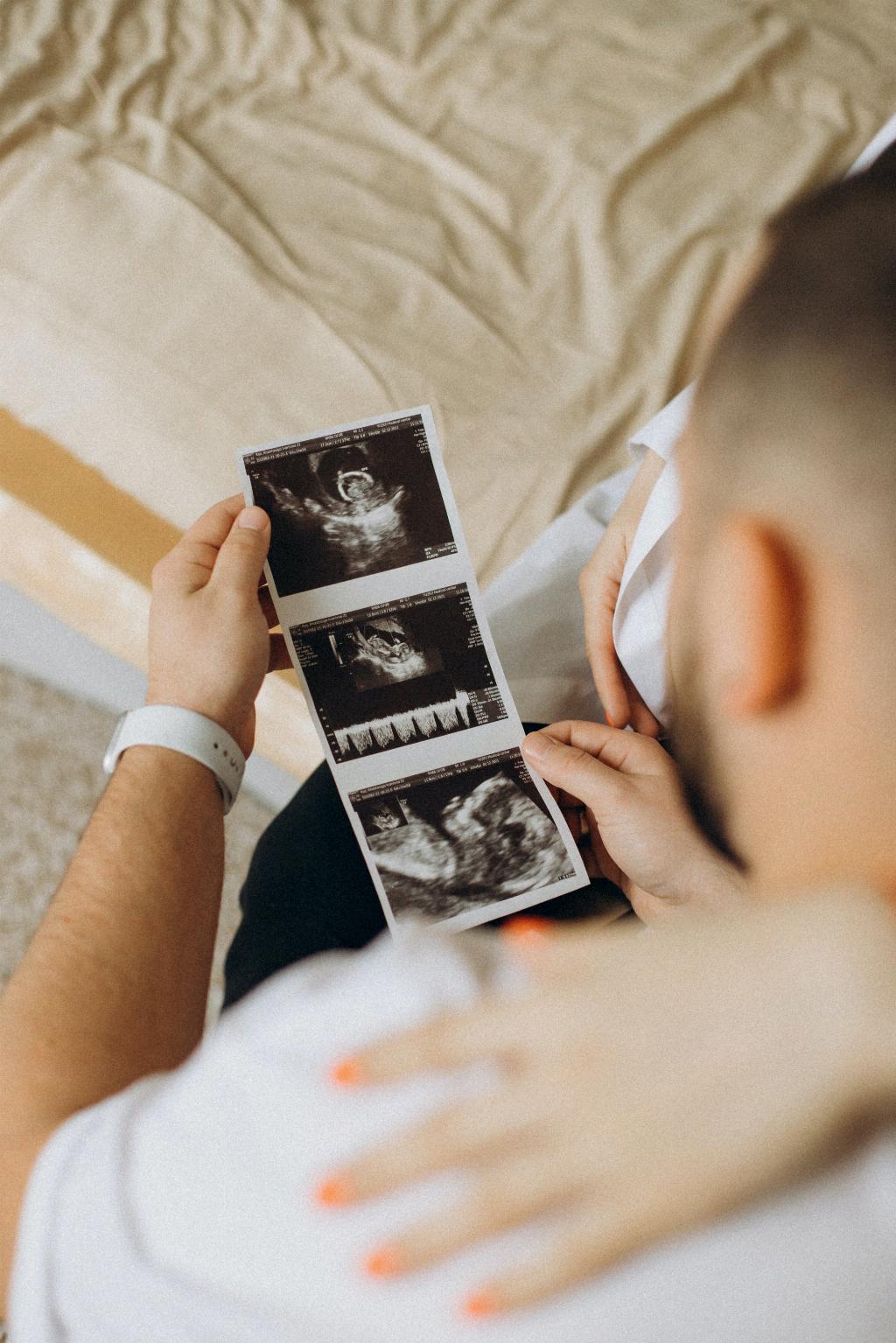During the beautiful journey of pregnancy, many mothers experience the sensation of painful baby kicks, leaving them puzzled and sometimes in discomfort. These kicks, often initially perceived as gentle flutters, can gradually become more noticeable and intense as the baby develops and grows inside the womb.
The Strength Behind Baby Kicks
As the weeks and months pass, your baby’s muscular system undergoes significant growth and development, leading to stronger movements that can sometimes feel like sharp jabs or kicks. The increasing strength of your baby’s muscles plays a pivotal role in the intensity of their movements within the limited space of the uterus.
Positioning and Spacial Constraints
Another factor contributing to the discomfort associated with baby kicks is the positioning of the baby within the uterus. As your little one twists, turns, and stretches, their movements can put pressure on various internal organs, ribs, and ligaments, causing sensations of pain or discomfort.
Impact of Baby’s Activity Level
Just like adults, babies have varying levels of activity and rest. Some babies are naturally more active during certain times of the day or night, leading to increased movement that may feel more forceful or intense to the mother. This increased activity level can contribute to the perception of painful kicks.
Underlying Factors of Discomfort
While the growth and movements of your baby primarily contribute to the sensation of painful kicks, underlying factors such as the positioning of the placenta, the amount of amniotic fluid, and the individual sensitivity of the mother’s nerve endings can also play a role in intensifying the discomfort.
Ensuring Baby’s Health and Well-being
Although feeling painful kicks can be unsettling, it is important to remember that these movements are often a sign of your baby’s healthy development and vitality. Regular prenatal check-ups and monitoring your baby’s movements can help ensure that your little one is thriving inside the womb.
Managing the Discomfort
If you find the sensation of painful baby kicks overwhelming or unbearable, there are several strategies you can try to alleviate the discomfort. Changing positions, gentle stretching, staying hydrated, and engaging in relaxation techniques can help ease the intensity of the kicks.
Seeking Support and Guidance
Remember, you are not alone in experiencing the challenges of painful baby kicks during pregnancy. Confiding in your healthcare provider about your concerns and discomfort can provide valuable insights and reassurance on how to manage the discomfort effectively.
Embracing the Journey
While the discomfort of baby kicks may be a temporary aspect of pregnancy, it is a reminder of the miraculous process of growing and nurturing new life within you. Embrace each kick, flutter, and movement as a testament to the beautiful bond you share with your unborn child.
Final Thoughts
In conclusion, the sensation of painful baby kicks during pregnancy is a natural and common experience for many mothers. Understanding the factors contributing to the discomfort, seeking support when needed, and embracing the journey can help you navigate this phase with confidence and positivity.

